The Problematic History Of Thanksgiving
https://thewichitan.com/wp-content/uploads/2020/11/thanksgiving.jpg
Thanksgiving can be problematic.
December 5, 2022
Thanksgiving glorifies the colonization of America. As we grew up, our teachers taught us a white-washed version of the “first thanksgiving” effectively erasing the genocide and racial suppression. Before the pilgrims arrived in the 1610s, the Wampanoag lived across Rhode Island and Massachusetts. English colonizers showed up, spreading diseases to the indigenous, killing some of them, and taking some as slaves. When the pilgrims came, they were overjoyed at the sight of dead indigenous people as they thought it would be easier to colonize and then they met the nearby Wampanoag tribe. History gives us the watered-down version of the first “thanksgiving” giving the facade of a joy-filled day uniting the settlers and the natives when in fact it was haunted by genocide.
The “first thanksgiving” in 1621 took place in modern-day Massachusetts between the newly settled Plymouth colony and Wampanoag tribal land, the story we’ve been taught has a drastically different narrative than what is believed. The pilgrims stole food from the Wampanoag’s winter provisions; they weren’t even invited. The Wampanoag heard gunshots fired from the pilgrims (part of the celebration) and armies were sent to check it out. Gruesome battles that included but were not limited to the Wampanoag followed the first thanksgiving, effectively eliminating any allies or in the process peace.
Inaccurate outlooks in history harm indigenous communities, contributing to the erasure of native voices and their issues. In order to address the history you don’t have to give up on celebrating thanksgiving instead you can celebrate indigenous food, educate yourself, and others about the history, and uplift native voices by reading articles and watching videos.

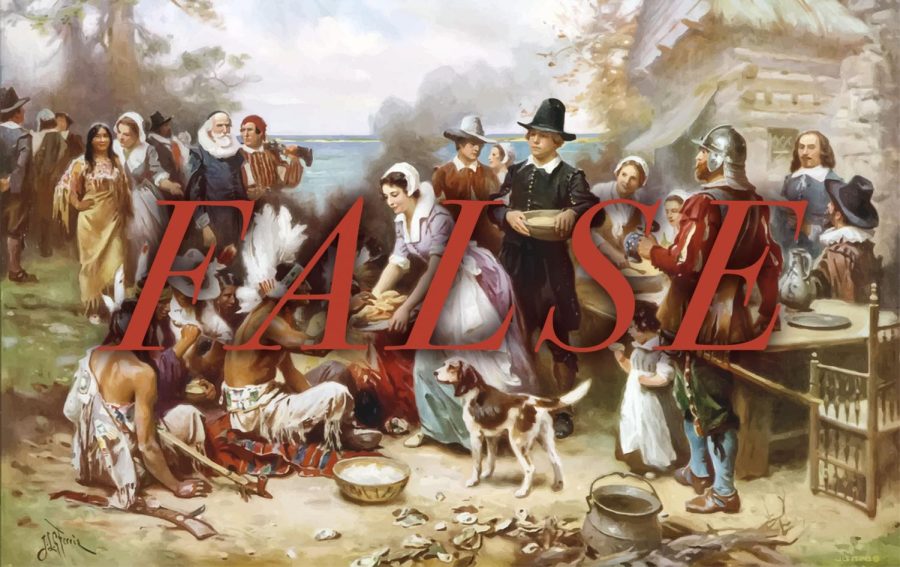
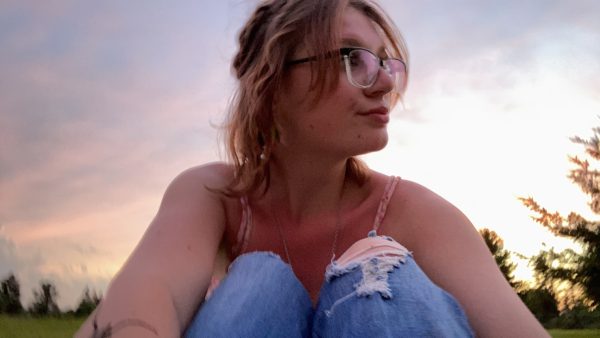



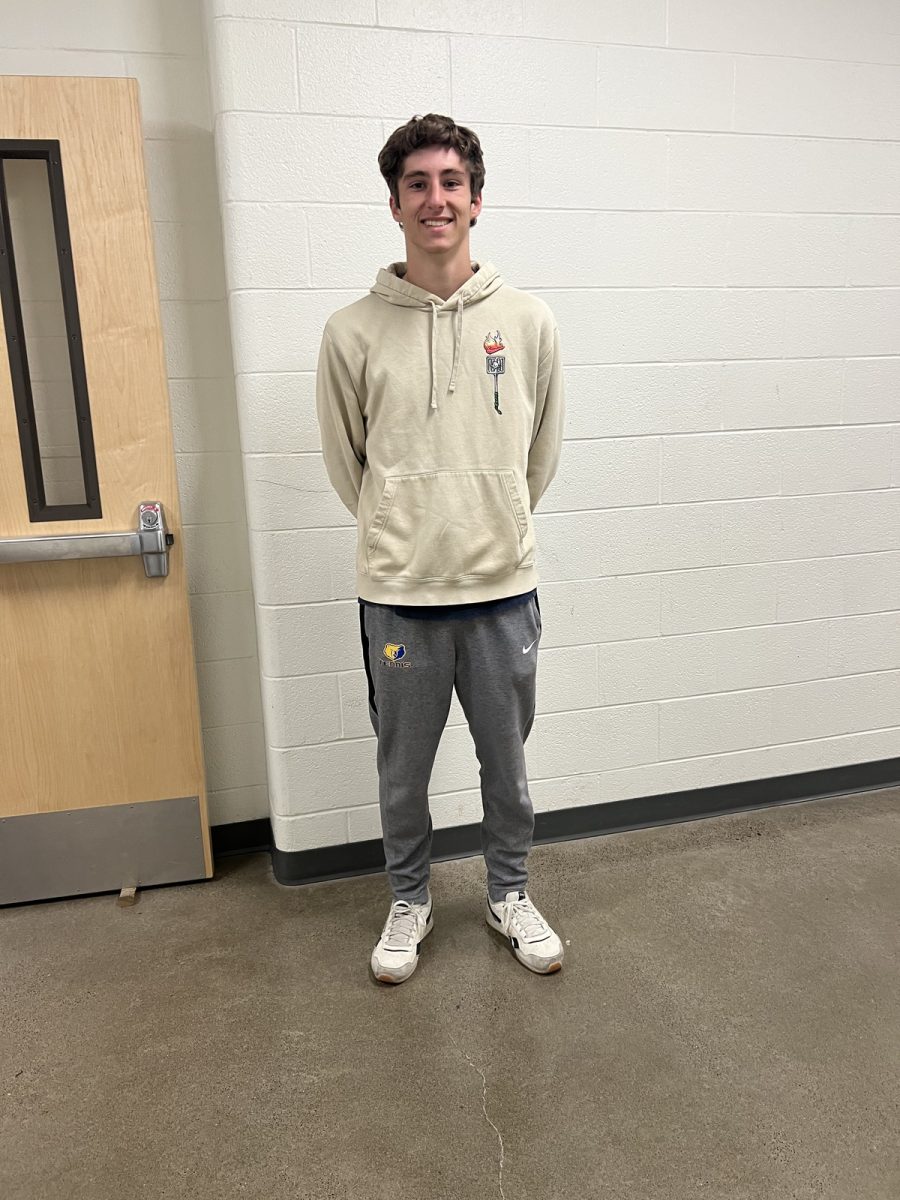

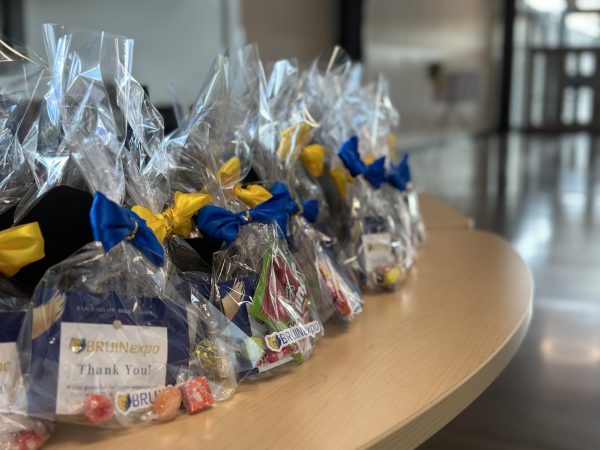
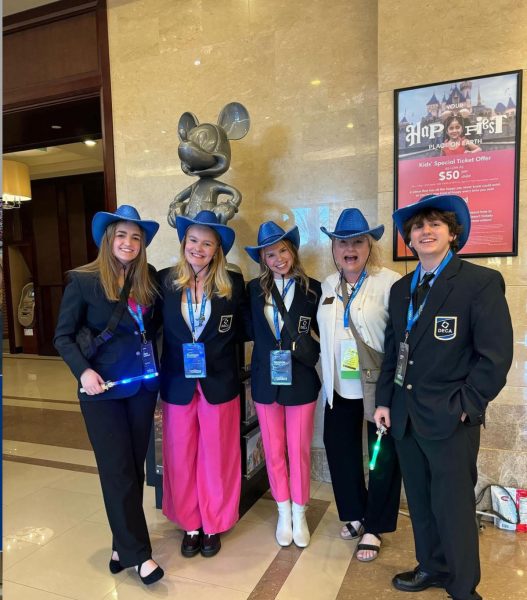
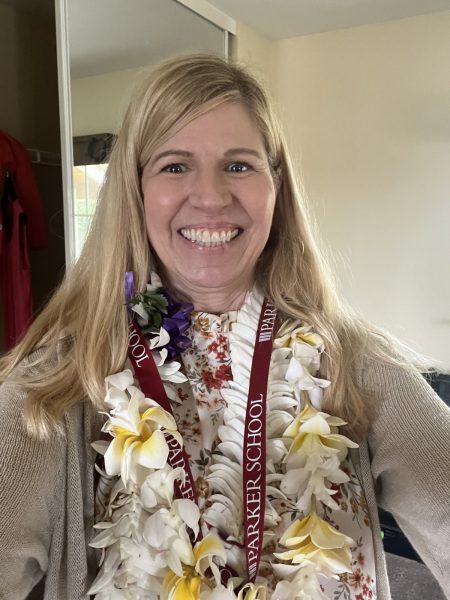
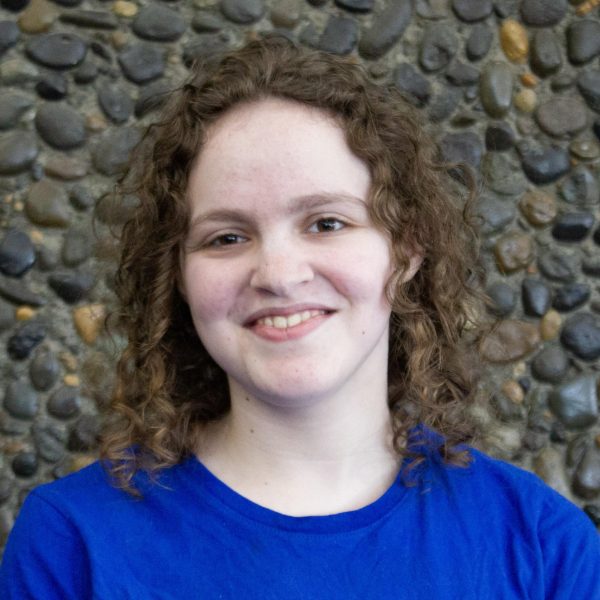
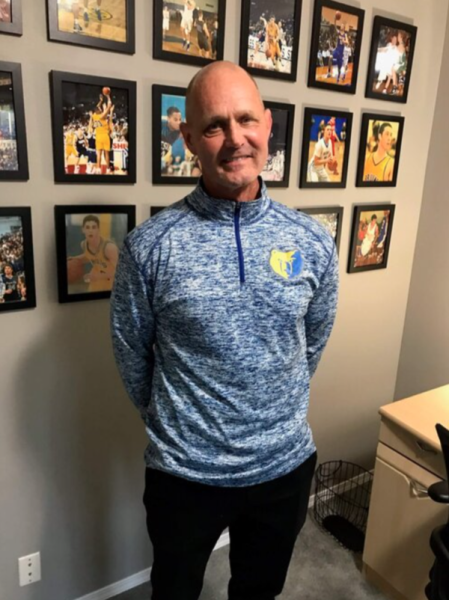

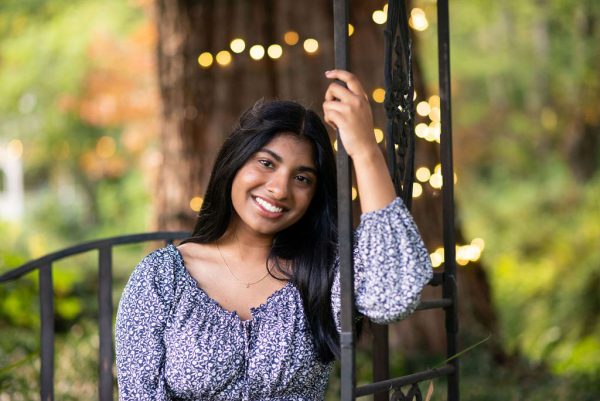


Brian McMahon • Mar 7, 2023 at 3:50 am
That’s the woke interpretation of Thanksgiving which is just fine if your interest is grievance studies. For the rest of us, the story of Thanksgiving is a metaphor for being thankful for the delivery of persecuted people to new lands and new hope. That’s the story of most of us, Mayflower descendant or not. That’s why our ancestors came here. I’m the grandson of an immigrant with a fourth-grade education who raised seven children here and I’m thankful.